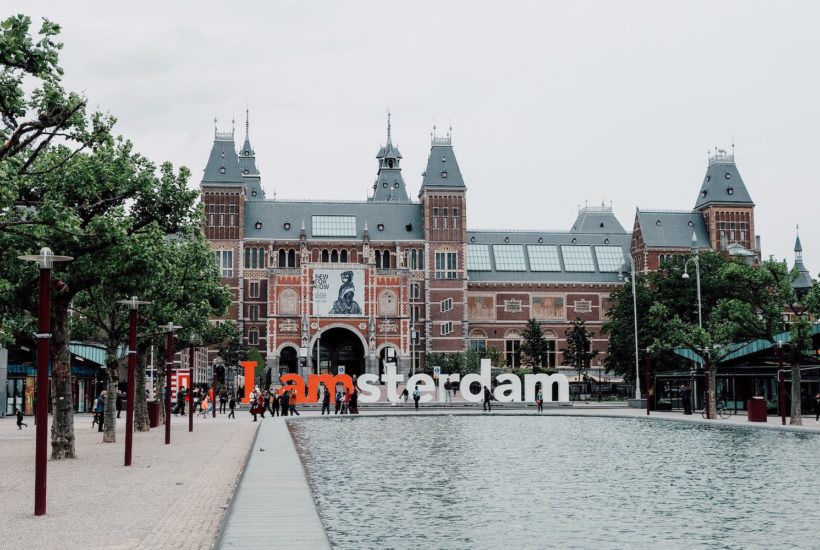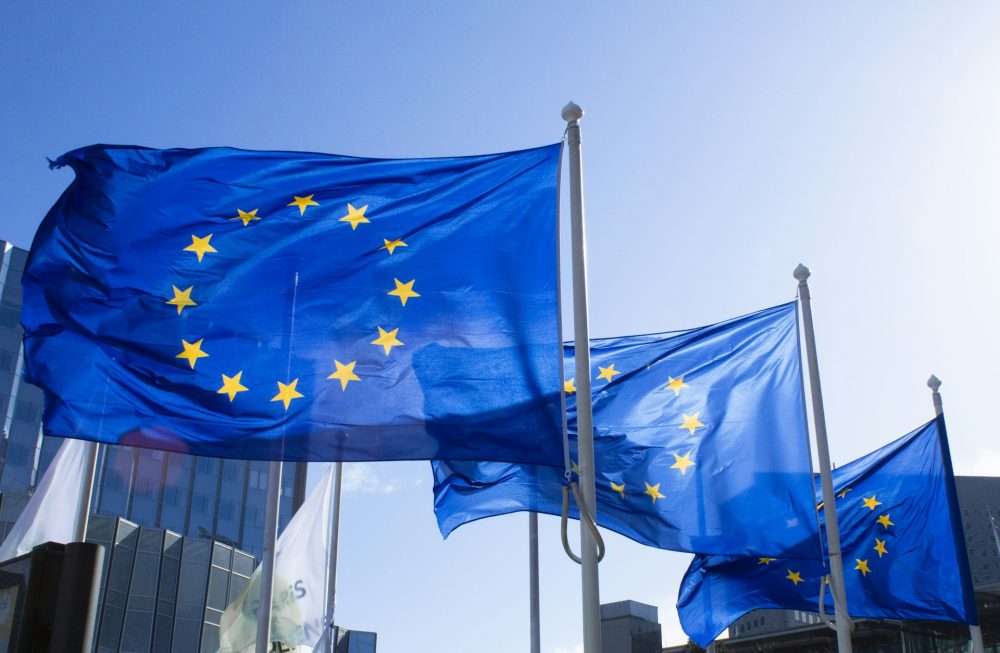Cannabis
Coffee shops in the Netherlands allowed to sell cannabis to-go
The Dutch government rushed to close all coffee-shops in the country in an effort to stop the Covid-19 outbreak. However, officials had to renounce their decision, as several coffee shop owners’ lobby groups argued that the measure would have the opposite effect and would encourage the black market. Coffee shops can continue to sell legal cannabis, but the products can’t be consumed in the shop.

It took the Dutch government less than twenty-four hours to realize that the closure of the coffee shops due to the COVID 19 pandemic is a job creation measure for street dealers.
Read the latest cannabis news from around the world with the Hemp.im mobile app. The app curates news from across the globe and is helping you stay informed about recent updates no matter where you are. The Hemp.im app provides you with the most current and up-to-date news related to the hemp and cannabis industry.
Coffee shops in the Netherlands remain open to counteract the illegal cannabis market
The logical conclusion of the government was that shutting down the coffee shops as a protective measure against the new coronavirus would have the opposite effect. As chairman of the Security Council, which consists of the 25 security regions and the Minister of Justice and Security, Hubert Bruls announced on Tuesday afternoon, March 17th, that coffee shops can immediately be opened again as a pick-up counter. With the precision that nothing can be consumed in the store.
The golden times for illegal street trading are thus over before they even really started. That is thanks to the local politicians of the affected towns and communities, and to the coffee shop owners’ lobby groups, who strongly urged the government to maintain legal cannabis sales.
On March 16th, late afternoon, the cabinet finally gave the green light for the reopening of the coffeeshops – but under strict conditions. From now on, cannabis and hashish may be sold in the shops as before, but it is still forbidden to stay as a guest.
Customers and Coffee shops owners are happy with the decision
The new rules are stating that customers must keep their distance from each other, and a limited number of people can be admitted inside the shop at the same time. Several coffee shops have already reopened on Monday evening, March 16th, and started selling out of the house. “We are quite happy with the decision”, said Alex Meijer, chairman of the Tilburg trade association “De Achterdeur” and owner of the coffee shop “Maximillian”, which was just reopened.
Many customers are relieved that they can buy cannabis legally as usual, and do not have to turn back to street dealers. Meijer assured that in all of his coffeeshops health protection is the top priority.
When on Sunday the government decree to close all catering establishments was announced, Meijer and his staff felt like they were in a “madhouse”. The rush of customers had caused real chaos. “I’ve never seen anything like it. (…) It was only when the city council allowed us to work through the queue that a certain amount of calm returned”.
Robert Koch Institute in Germany is calling for immediate cannabis legalization
Meanwhile, in Germany, there are completely different considerations for containing the Coronavirus epidemic. As the investigative magazine Postillon reported, experts from the Robert Koch Institute are calling for immediate cannabis legalization, as hashish is known to make people irresponsible. That could ensure that as many people as possible would stay at home on the sofa.
The federal government should therefore immediately send each German citizen a starter kit containing five grams of cannabis and hashish, along with long papers, rolling tobacco and filter tips, by mail, in order to be able to ensure nationwide consumption as quickly as possible.
__
(Featured image by jennieramida via Unsplash)
DISCLAIMER: This article was written by a third party contributor and does not reflect the opinion of Born2Invest, its management, staff or its associates. Please review our disclaimer for more information.
This article may include forward-looking statements. These forward-looking statements generally are identified by the words “believe,” “project,” “estimate,” “become,” “plan,” “will,” and similar expressions. These forward-looking statements involve known and unknown risks as well as uncertainties, including those discussed in the following cautionary statements and elsewhere in this article and on this site. Although the Company may believe that its expectations are based on reasonable assumptions, the actual results that the Company may achieve may differ materially from any forward-looking statements, which reflect the opinions of the management of the Company only as of the date hereof. Additionally, please make sure to read these important disclosures.
First published in HanfJournal, a third-party contributor translated and adapted the article from the original. In case of discrepancy, the original will prevail.
Although we made reasonable efforts to provide accurate translations, some parts may be incorrect. Born2Invest assumes no responsibility for errors, omissions or ambiguities in the translations provided on this website. Any person or entity relying on translated content does so at their own risk. Born2Invest is not responsible for losses caused by such reliance on the accuracy or reliability of translated information. If you wish to report an error or inaccuracy in the translation, we encourage you to contact us.

-

 Cannabis1 week ago
Cannabis1 week agoAurora Cannabis Beats Expectations but Faces Short-Term Challenges
-

 Crowdfunding5 days ago
Crowdfunding5 days agoSavwa Wins Global Design Awards and Launches Water-Saving Carafe on Kickstarter
-

 Biotech2 weeks ago
Biotech2 weeks agoAsebio 2024: Driving Biotechnology as a Pillar of Spain and Europe’s Strategic Future
-

 Business11 hours ago
Business11 hours agoDow Jones Nears New High as Historic Signals Flash Caution
























